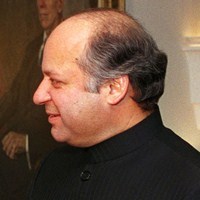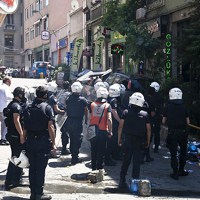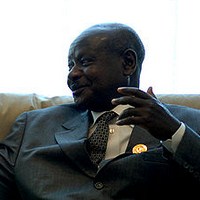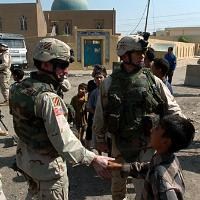
This week, followers of a radical Sunni cleric fought for two days with Lebanese security forces in the southern city of Sidon, in clashes that reportedly killed 18 soldiers and up to 40 of the cleric’s followers. In an email interview, Oren Barak, associate professor of political science and international relations at the Hebrew University of Jerusalem, explained the Lebanese armed forces’ position within Lebanese society and its efforts to maintain stability amid spillover from Syria’s civil war. WPR: What is the Lebanese army’s position within Lebanon’s factional society, and who does it answer to? Oren Barak: The Lebanese armed […]















